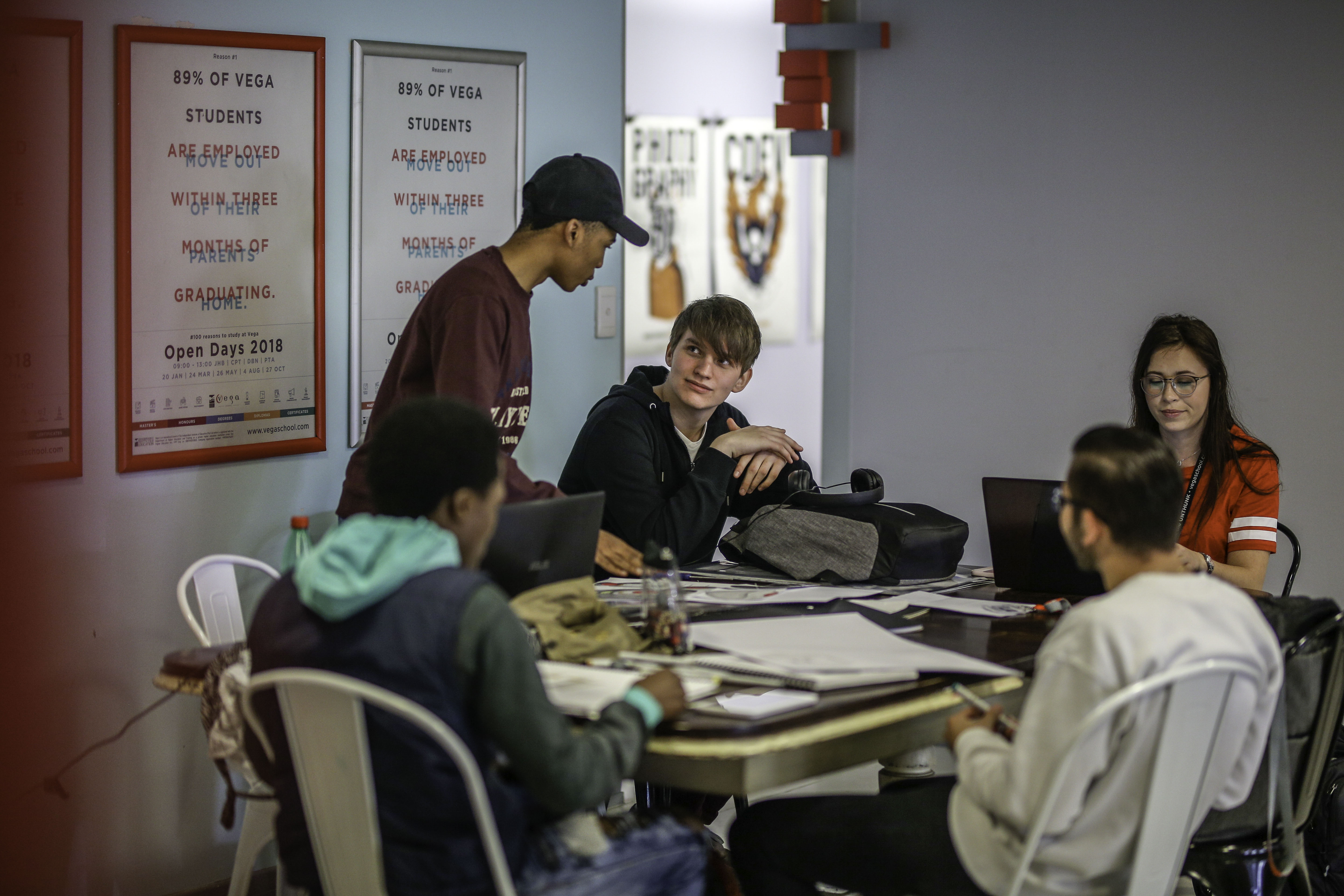 With smart technologies disrupting industries and changing the way we see and experience the world, the future workplace looks very different to the past. The Fourth Industrial Revolution, or ‘Industry 4.0’, is upon us, and the graduates of 2018 and beyond need to be prepared for what this new wave of change brings.
With smart technologies disrupting industries and changing the way we see and experience the world, the future workplace looks very different to the past. The Fourth Industrial Revolution, or ‘Industry 4.0’, is upon us, and the graduates of 2018 and beyond need to be prepared for what this new wave of change brings.
According to Cynthia Olmesdahl, Senior Business Leadership Lecturer at Vega (a brand of The Independent Institute of Education – The IIE), it’s vital that tertiary qualifications – regardless of the discipline – are always evolving in order to remain relevant. Curricula that evolve with the times
Curricula that evolve with the times
Technology – including smart devices, collaborative mobile apps, learning management systems and online courses – has certainly changed how students learn, but to what extent does this affect what they learn, particularly at higher education level?
“The world needs more graduates who are able to handle the change that technology is bringing. This is why it’s so important that higher education institutions take a more holistic approach when developing curricula informed by these needs,” says Olmesdahl. “For one thing, students in all qualifications should be learning the intricacies and implication of technology in business, which includes understanding digital business and digital branding”
It is important that curricula are facilitated and delivered by lecturers who know what they’re talking about, with industry experience to back it up. “Permanent lecturing staff should have business and related industry experience,” adds Olmesdahl.
“At Vega, senior lecturers are tasked with taking initiative and remaining active in their respective fields, including writing papers and opinion pieces, attending conferences and retaining membership of professional and industry bodies.”
Vega employs a high percentage of contract lecturers who run their own businesses or who have enjoyed fruitful careers in the industry, while its national and regional (campus-level) advisory councils are drawn from business and industry. Understanding the bigger picture
Understanding the bigger picture
In addition to building and delivering curricula that prepare students for Industry 4.0 careers, higher education institutions need to create learning environments that help students gain insight and experience into their chosen industries. Olmesdahl explains that some of the biggest companies in the country deliberately opt for students from Vega for this very reason.
“Vega students hit the ground running. From the time they arrive on campus, they are encouraged to show initiative, confidence and curiosity for learning,” she says. “Vega’s Brand Challenge and Brand Activation allow students to see what it’s like to work with a real-life brief from a real-life client, while following strict timelines and producing agency-quality work. They’re working with the latest software and engaging with technology to bring their ideas to life, impressing some of the country’s most respected executive teams. I believe that this is the direction that higher education really should be heading if our youth are to become tomorrow’s successful leaders and captains of industry.”
Vega routinely hosts international speakers, bringing industry professionals from around the world to its campuses to share new knowledge and insights with students.
Graduates who have a wider world view are able to pursue more fulfilling and lucrative career paths. This means ensuring students have access to trends and perspectives outside of their comfort zones becomes an important part of their learning.
For more information on IIE qualifications available to study at Vega and other career-building opportunities, visit www.vegaschool.com.
- MRF Unveils Latest MAPS® Data - 20th February 2025
- The BRC announces changes to the board and updates for 2025 - 17th December 2024
- Top 50 DSTV TV programmes – October 2024 - 12th November 2024





